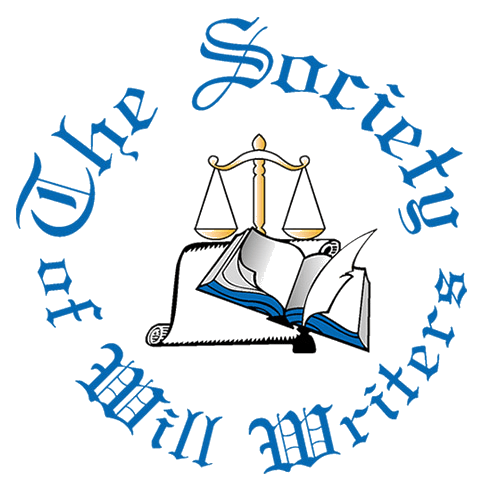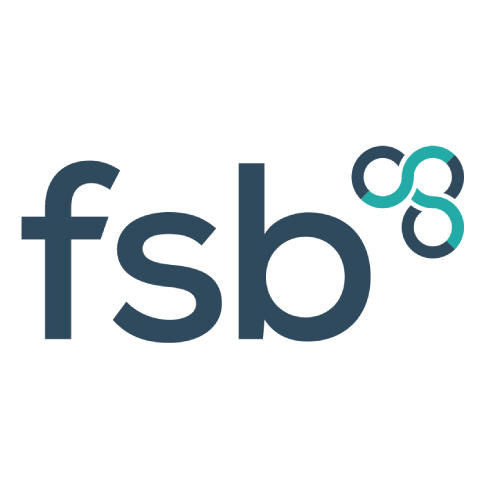Your Legacy, Our Priority.
How can I pass my assets to my descendants?
As an experienced team of estate planners, we often come across this question from our clients - How can I pass my assets to my descendants? You have worked hard throughout your whole life, wishing your savings could ease some of the financial pressure on your children and grandchildren when you pass away. Unfortunately with the Inheritance Tax at an all time high of 40%, the reality is that a large part of your assets may be taken before they pass to your descendants. There are a few different types of inheritance that you need to be aware of to make sure that you are providing a strong future for your family.

Cash Legacies
What is a Cash Legacy?
A cash legacy is a specified amount of money that you can include in your will. It is a fixed sum, distinct from a share of the residue, which is a percentage of the overall estate.
Advantages
Flexible
You can withdraw and spend the money whenever you wish. Having a certain amount of cash in your bank account will be useful, especially if you have an urgent financial need or need to deal with an unexpected event.
Disadvantages
Inheritance Tax Payable
The amount of the cash in your bank account or in your safe will be directly accumulated towards your estate when you pass away. If your estate exceeds the Inheritance Tax threshold (also known as the Nil Rate Band), Inheritance Tax will be payable.
Lifetime Gifts
What is a Lifetime Gift?
Lifetime Gifts allow you to give money out in advance while you are still alive. It is an easy and straightforward way to provide for your descendants however be warned as in some cases it can trigger Inheritance Tax.
Advantages
Use Up your Annual Allowance
Everyone has an annual allowance of £3,000 from which they can make gifts. You also have additional allowances on special occasions such as weddings. Any gift within the allowance will not be inheritance taxable in any circumstances.
Disadvantages
Potentially Taxable
If you decide to give out more than the annual allowance, the 7-year rule for Potentially Exempt Transfers (PET) applies. The exceeding gifts may be taxable if you pass away within 7 years.
Allowances such as Nil Rate Band and Taper Relief may be applicable according to the amount and the year when the gifts were made, however the maximum chargeable rate for lifetime gifts is the same as normal Inheritance Tax rate of 40%. Therefore, make sure you consult an estate planning professional and be cautious when making gifts during your lifetime.
Investments
Advantages
Potential Profit
Even though a lot of investments (e.g., ISA, stocks and shares) accumulate towards your estate, the main difference between cash and investment is there are potential gains. Depending on the product and its yield, you can possibly make huge and regular profits which outweigh the loss in tax paying.
If this is something you are interested in, get in touch today as we have a dedicated team of financial advisors who can provide you with professional investment advice.
Disadvantages
Carrying Risk and Other Taxes
There are risks in making any investment, again depending on the product you purchased. In addition, investment not only accumulates Inheritance Tax when you pass away, it will potentially trigger other tax payable, including Capital Gains Tax when the investment is sold, and income tax for any dividend and interest received.
Life Insurance Policies
Advantages
Normally No Inheritance Tax is Payable
The value of the life insurance policies will not accumulate towards Inheritance Tax. It is a very tax efficient method to pass on your money.
Disadvantages
Inflexible and Unrecoverable
In most instances of insurance policies, the beneficiaries are decided by the trustee, who is the insurance company, on a discretionary basis. The money in the policy will not be passed on according to your Will. Therefore, you lose control of the money once you pay into the policy. Also, you cannot withdraw any cash from life insurance policies. It provides hardship if you have any urgent financial need later in life.
Plan your future today
Despite all this, there is no definite right or wrong answer to which way you should pass on your assets. The key point is to consider your circumstances carefully and select the best option. If you have any questions, our professional team of estate planners are here to provide you with the best fit plan.












